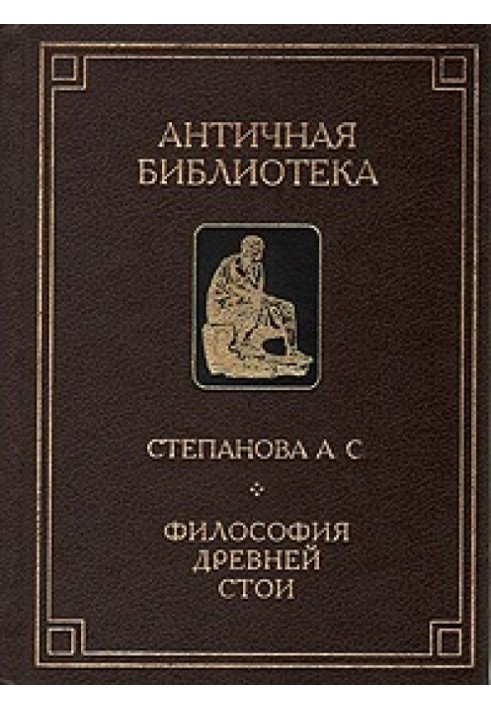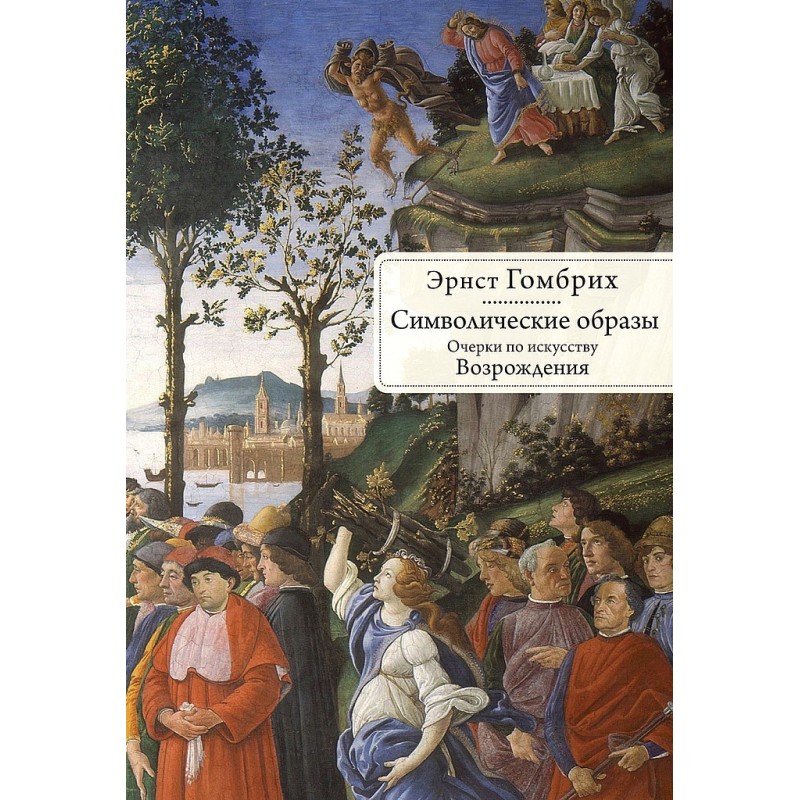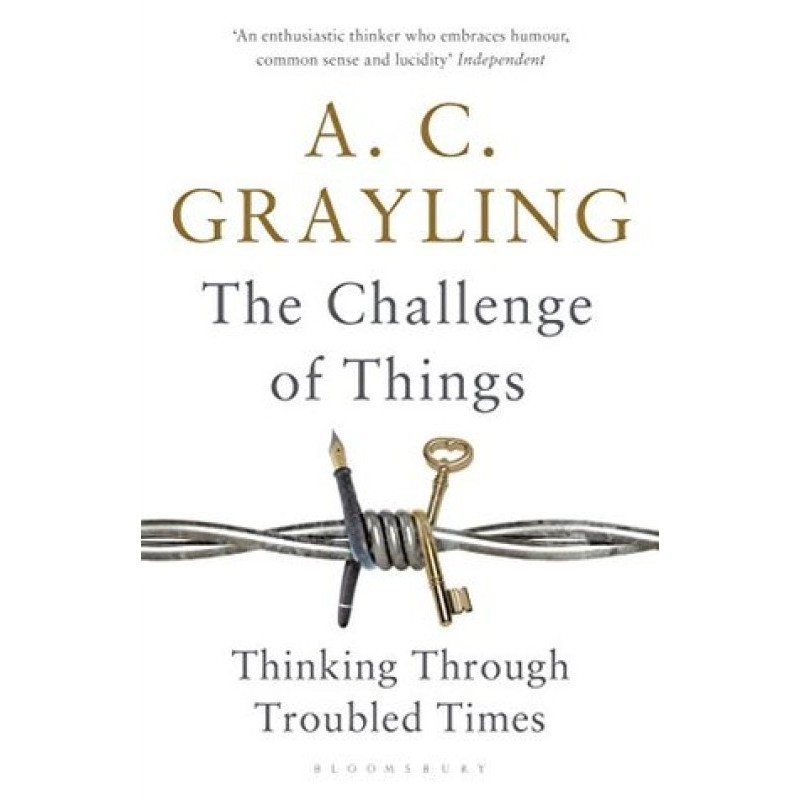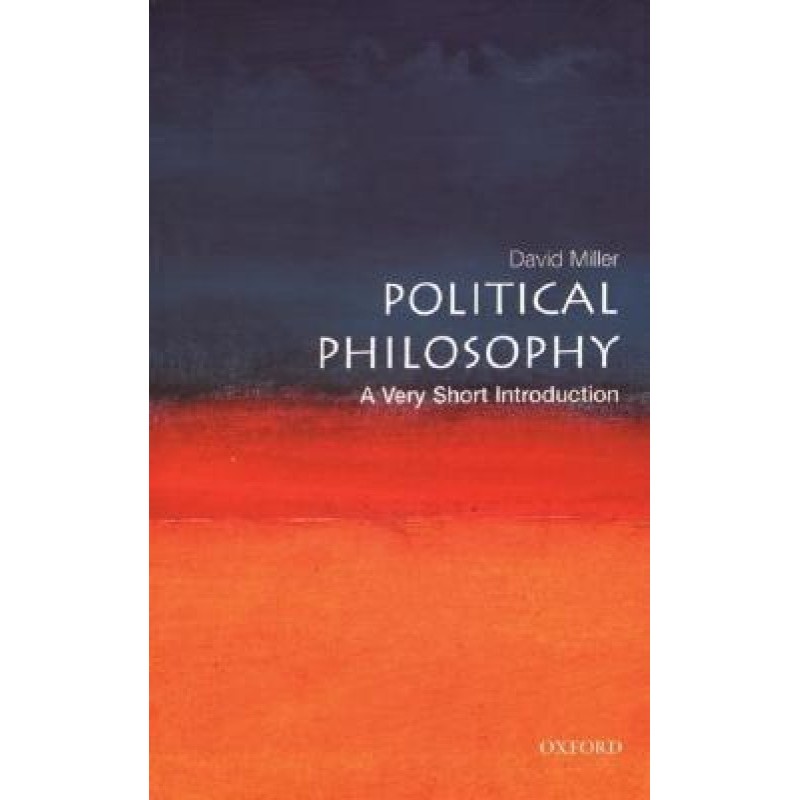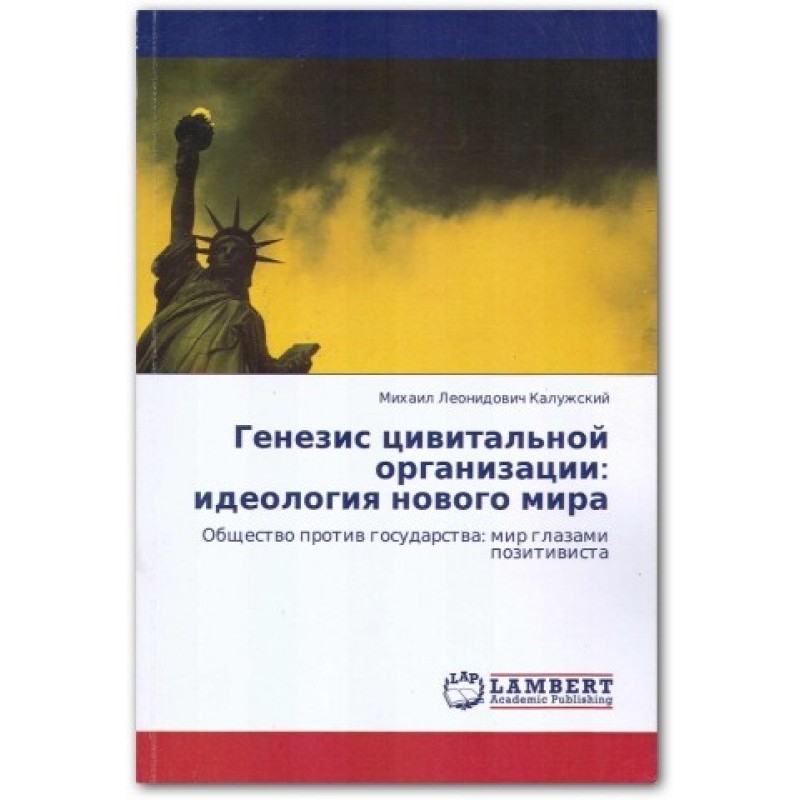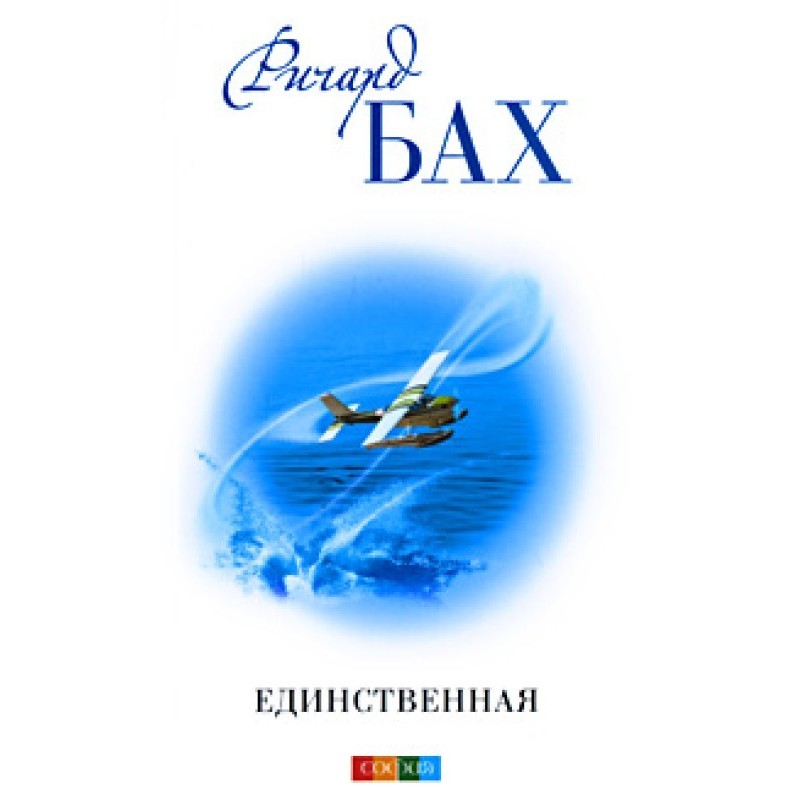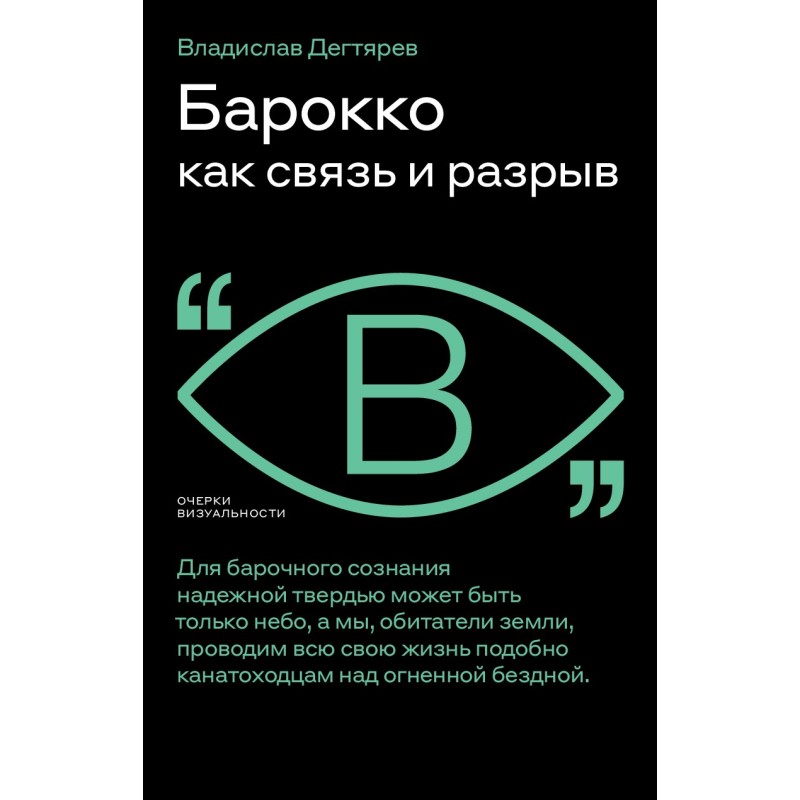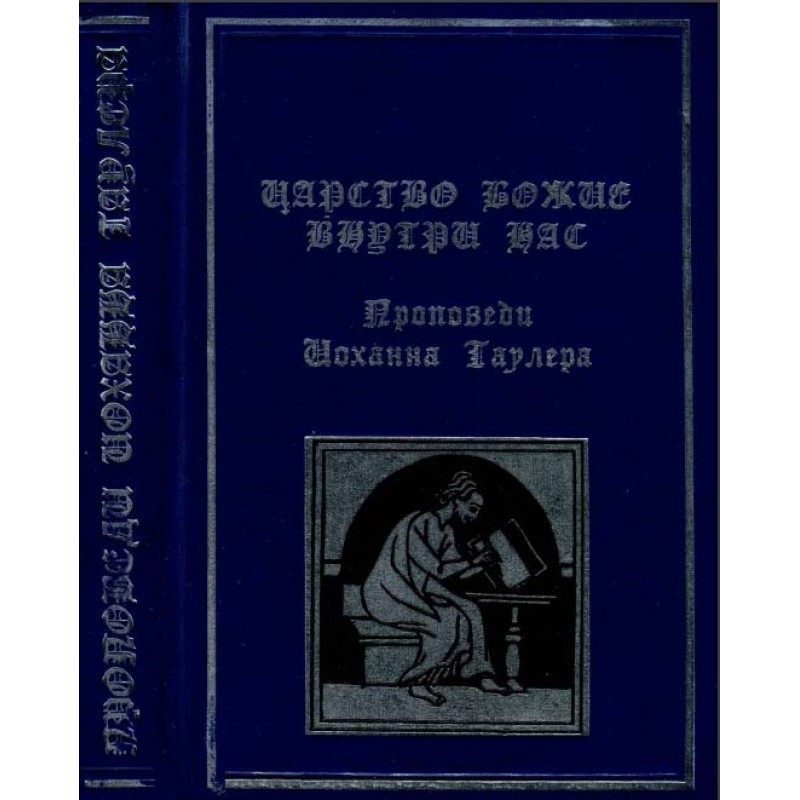Philosophy of the Ancient Stoa
 Instant download
Instant download
after payment (24/7)
 Wide range of formats
Wide range of formats
(for all gadgets)
 Full book
Full book
(including for Apple and Android)
The author made an attempt to recreate the psychology, theory of knowledge and logical teaching of the Ancient Stoa in the context of the entire worldview of the school. Particular attention is paid to the process of formation of the categorical world and the system of terms within which this world was formed. The study is based on the author's own translations. A separate section contains the author's translations of fragments of the Early and Middle Stoas related to moral issues.
CONTENTS: PrefaceIntroduction1. Theory of knowledge of the Early Stoa1.1. Stoics' ideas about the process of knowledge 1.2. The meaning of the term “general concepts” in the teachings of the Stoics 682. The problem of general concepts in the logical teachings of the Stoics 2.1. Creation of propositional logic by the Stoics2.2. The meaning of the concept “axiom” 2.3. The place of Stoic logic in the history of logical teachings: relation to the logic of the Megarians, Aristotle and to modern formal logic2.4. The connection between the logic of the Stoics and their dialectics and theory of knowledge3. "Ethos" and "Logos"3.1. The teaching of the Stoics about language and thinking3.2. The meaning of the concept “lekton” 3.3. The attitude of the Stoics to the problem of “fate” and “free will” in the light of their epistemology and logic4. Physics and theology: the concept of “continuum” of the Early and Middle Stoia5. Sayings of the philosophers of the Early and Middle StoicsConclusionTerminological dictionaryLiterature
Appendix 1. Texts of works by ancient authors in ancient Greek and Latin, containing information about the teachings of the early StoicsAppendix 2. Chronological table
Data sheet
- Name of the Author
- Анна Степанова Сергеевна
- Language
- Russian

